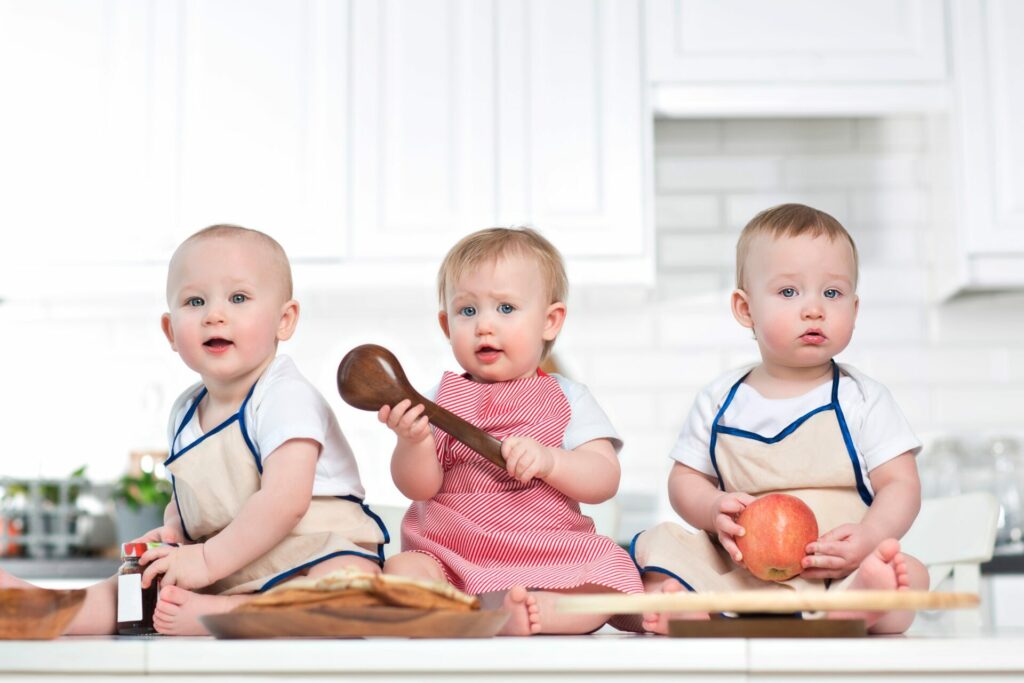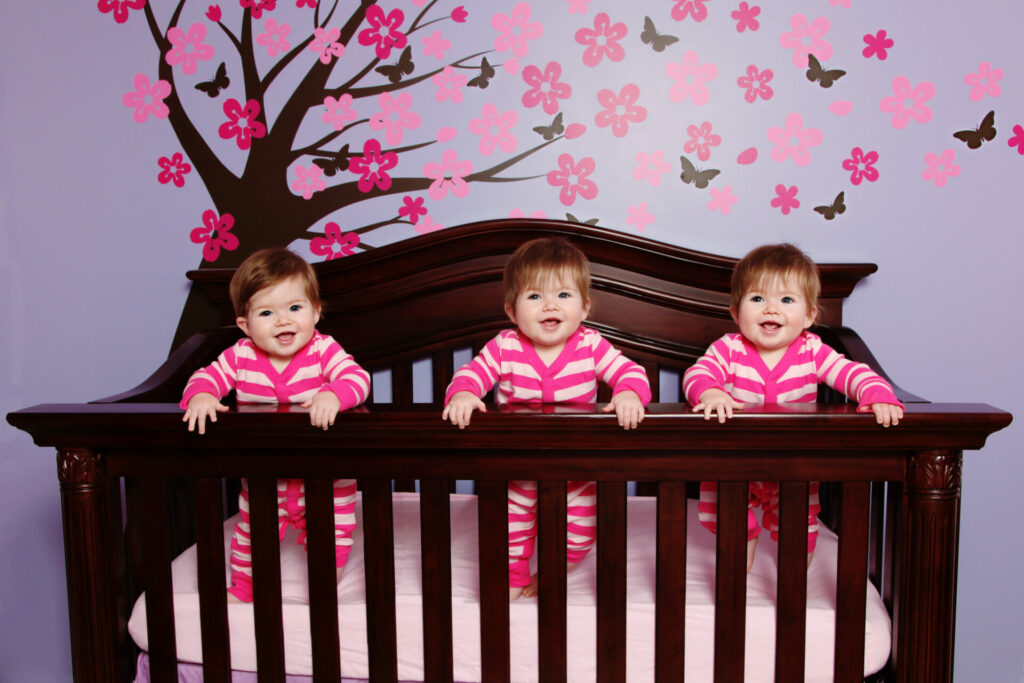It can be too much being the mother of triplets sometimes. As well as the initial shock of finding out you are expecting three babies instead of one, then juggling them all, and the rest of the family, I often feel as if I have to wrestle with the constant questions about what we are doing to tackle our impact on the climate crisis, too.
Now, more than ever, the world is awake to the effects of climate change and the need to live a more conscious lifestyle – for the good of the planet and our fellow humans. Indeed, some people are even deciding not to have children over the fear it will amplify global warming. Now since science has decreed that bigger families are a larger drain on environmental resources, and the planet in general, where does that leave those of us with more than the standard 2.4 kids?
How many times have we seen singletons cruising around Dubai in enormous gas guzzlers? It’s true that one person can cause more damage to our planet than an entire, conscious-living clan can
As a very proud mum to triplets, it can be very frustrating to be asked, as all parents of larger families invariably are, how can we consciously raise our children and help the climate crisis cause? It is as if my triplets equals three times the problem. But that is not the case. In fact, I’d argue that larger families can be even more eco-friendly than smaller households. And here are three ways why:
Triple The Use
As triplets, my girls, are, of course, the same age at the same time but that does not necessarily mean buying three of everything. My kids learnt very early on that sharing is caring, and we made sure we got triple the use and value out of clothes, toys and, well, just about anything we needed.
Larger families are experts at reusing and recycling. Clothing is handed down, sibling to sibling, and so are equipment and toys. Once they have been used by the youngest in the family, they are generally passed onto other families, too, and become part of the circular economy.
Throwing away money has never been clever, but mindful purchases are now more important than ever, and large families have been doing it for years. Even toys and equipment made of dreaded plastic – baby baths and highchairs for example bought years ago before we were as aware as we all are now on their impact – can be be kept and used by generations. This is in contrast to the fashion for gender specific toys, where families with two children of different genders will often buy ‘double’ to sate gender-centric ideas of specific colours and role play.
Zero Waste

As parents of larger families, we are savvy chefs. More mouths to feed does not equate to more food or packaging waste. We are resourceful, and if this comes for some as a financial need, the environment is a beneficiary too.
Most larger families will be mindful of the cost of living. This in turn leads to better planning and a more resourceful outlook to household management. Larger families are usually ‘lunchbox families’ – we send our triplets off with home made meals, meaning less waste, and eschew ready-made food (usually wrapped in plastic packaging) from shops and canteens.
Meal planning, bulk buying, and not pandering unnecessarily to different children’s meal preferences, all ensures that what gets bought gets used.
Disposable items can be a problem but paper napkins can be replaced by cloth ones, diapers can be washable, and toilet rolls can be made from recycled paper, and when it comes to almost everything else, old fashioned frugality is just common sense.
Energy Saving

More people equals more energy used, right? Unlikely. It costs the same to light, heat or cool a room with one person in it as it does four. Babies and small children can often be bathed or showered together, while younger children and teens will happily share bedrooms so often there is no increase of utilities at all.
For larger families, it doesn’t take a fuel crisis to become a thrifty motorist. At the very least, economical and second-hand vehicles are sought out by larger than average families along with electric and hybrid cars. And how many times have we seen singletons cruising around in enormous gas guzzlers. It’s true that one person can cause more damage to our planet than an entire, conscious-living clan can.

There is no doubt that more humans absorb more of our precious planet’s resources, but to anyone who thinks that having a large family is selfish I say this: efficiency and moderation is a lifestyle choice that sets up eco-friendly kids for life. Surely, for the future of the planet, that can only be a good thing no matter how many children they go on to have themselves.
You can find more information and resources on raising larger families on Suman’s website: TwinsPlusArabia













